The sweet and spicy aroma of cinnamon makes it one of the world’s top spices. It’s been valued for its flavor and powerful health properties since at least 2800 BC.
Modern research has confirmed many important health benefits of cinnamon. Studies show that it contains powerful plant compounds that have an anti-inflammatory and antidiabetic effect. Consuming cinnamon regularly can also help your heart and brain health.
Here’s more about what makes this everyday spice so powerful and the proven benefits for your health.
The Fascinating History of Cinnamon
Cinnamon comes from the bark of Cinnamomum trees. These trees are native to regions of Southeast Asia, South America, and the Caribbean. China, Sri Lanka, Indonesia, and Vietnam are the four top exporters of cinnamon today.
To make the rolled up cinnamon quills you buy in the store, the outer bark of the trees has to be stripped to reveal the inner bark. The inner bark is then shaved and allowed to dry. As it dries, it rolls up into the familiar shape of cinnamon sticks.
To say that cinnamon has been valued since ancient times would be an understatement. It’s mentioned several times in the Bible as part of a sacred anointing oil and was used in ancient Egypt for embalming.
Cinnamon also used to be extremely expensive, even to the point of being an acceptable gift to give royalty. Celyon, the island “homeland” of the most valuable type of cinnamon, passed through many different hands as several countries fought to control the trade for this in-demand spice.
The search for cinnamon was even part of the motivation behind the voyages of both Christopher Columbus and Vasco da Gama.
Thankfully, it was eventually discovered that cinnamon could be grown in other regions. The price for it gradually became affordable for almost everyone, which is good news for us several centuries later.
Key Compounds and Nutrients
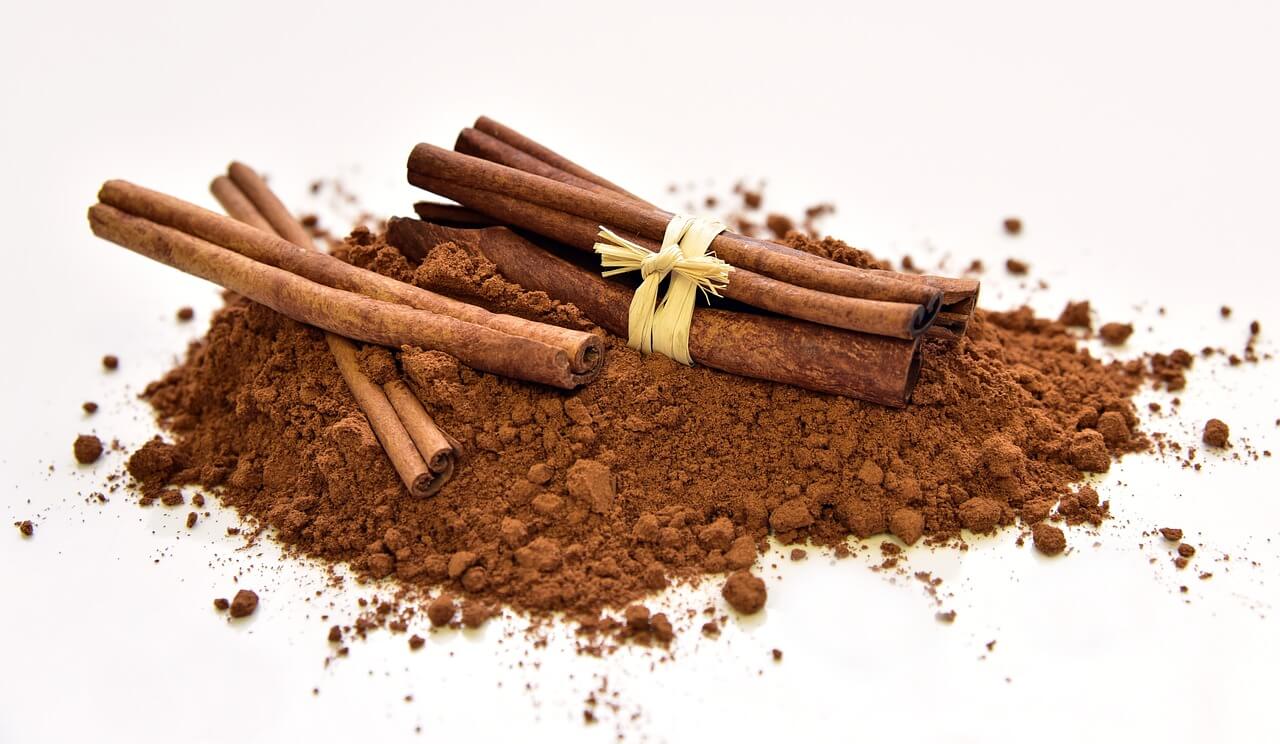
Cinnamon contains many different plant compounds, but one of the strongest and most important is called cinnamaldehyde. Cinnamaldehyde gives cinnamon its distinct fragrance and is also linked to many of the health benefits of cinnamon.
It might surprise you to learn that cinnamon also contains several vitamins and minerals. Just a teaspoon of the powdered version contains about 22% of the recommended daily value of manganese as well as smaller amounts of calcium, iron, and vitamin K.
That same teaspoon of ground cinnamon also has about 1.3 g of dietary fiber, which is fairly high for that small amount of spice.
Top Health Benefits of Cinnamon Bark and Powder
Your Blood Sugar Levels
Cinnamon’s ability to lower blood sugar is one of its most well-researched and well-known benefits.
Studies have shown that it can help regulate the amount of glucose entering your bloodstream after a meal. Its ability to do this comes from the fact that it slows the breakdown of carbohydrates in your digestive system. This, in turn, slows the absorption of glucose into your bloodstream.
Several studies have confirmed that cinnamon may specifically be helpful for people with type 2 diabetes. It may reduce fasting blood sugar levels and even mimic insulin in your body.
If you’re wondering how much cinnamon to take, the studies showed an effective range between 1/2-2 teaspoons. Combine it with other diet and lifestyle changes for the best results.
Insulin Resistance
Insulin resistance is a condition in which your body doesn’t respond normally to the hormone insulin. Insulin usually plays a large role in controlling the amount of glucose in your blood stream. When your body is resistant, glucose can’t easily enter into your cells and instead builds up in your blood, raising blood sugar levels.
Prediabetes, type 2 diabetes, and metabolic syndrome are all linked to insulin resistance. Reducing it can lower your risk of developing diabetes or help with related symptoms.
Research has shown that cinnamon may significantly reduce insulin resistance and improve insulin sensitivity. Because of this, it has the potential to help prevent or alleviate symptoms of metabolic syndrome and type 2 diabetes.
Protect Your Heart

Heart disease remains the leading cause of death in the U.S. and around the world. The good news is that there are some serious health benefits of cinnamon for your heart.
To start with, just a half teaspoon of cinnamon a day has been shown to reduce total cholesterol and “bad” LDL cholesterol levels. Other research indicates that cinnamon may also raise “good” HDL cholesterol levels.
Along with high cholesterol levels, high blood pressure is another factor that puts you at a greater risk for heart problems. In studies, cinnamon has shown it may be a powerful way to help lower blood pressure. The effective dose in the human study was 2 grams a day, which is equal to about 1 teaspoon.
Whichever way you look at it, consuming cinnamon each day is outstanding for your heart!
Health-Protective Antioxidants
Antioxidants are the key to protecting your health as you age. They reduce damage from free radicals and have an anti-aging effect on your whole body.
When your body gets overloaded with free radicals, damage from something called oxidative stress occurs. Oxidative stress is linked to many chronic diseases, including cancer, and is largely responsible for premature skin aging.
The best way to combat oxidative stress and free radical damage is to frequently consume antioxidants in the foods you eat. There are many great anti-aging foods, but herbs and spices are especially packed full of antioxidants.
While cloves top out as the most antioxidant-rich spice, cinnamon is not far behind. It’s fourth overall on the list of herbs and spices, beating out other contenders like oregano, thyme, and garlic.
Cinnamon is especially rich in a type of antioxidant known as polyphenols. Polyphenols have many beneficial properties, including heart-protective, anti-cancer, and anti-aging effects. They’ve also been proven to reduce damage from oxidative stress, making them excellent for your overall health!
Chronic Inflammation in Your Body
Most of us associate inflammation with something negative, but it isn’t all bad. Acute inflammation is your body’s response to damage from something like injury or infection. It’s actually crucial to your survival.
Chronic inflammation, on the other hand, isn’t so good for you. It’s a contributing factor to many age-related diseases and won’t go away on its own. Finding ways to reduce inflammation levels in your body is critical.
The powerful antioxidants within cinnamon make it a potent anti-inflammatory agent. One study even determined that it may prove very helpful in the treatment of age-related inflammatory conditions.
Along with fighting chronic inflammation, cinnamon has also shown some pain-relieving properties, likely because it reduces acute inflammation as well.
Your Brain Function

Certain research studies have revealed the protective health benefits of cinnamon for your brain. There haven’t been any human studies yet, but what has been done so far is very positive.
Specifically, cinnamon may help protect you from neurodegenerative diseases like Alzheimer’s and Parkinson’s.
Multiple studies have shown that compounds in cinnamon inhibit the buildup of tau, which is a protein considered one of the hallmarks of Alzheimer’s disease. Significantly, cinnamon extract was able to inhibit buildup without interfering with normal brain cell function.
Other studies also indicate neuroprotective properties of cinnamon. It seems to stimulate proteins and adjust insulin in order to protect the brain against Parkinson’s and Alzheimer’s.
Even though more research is needed to determine whether cinnamon can be a viable treatment for either of these conditions, it certainly has demonstrated a powerful ability to protect the health of your brain.
Antibacterial and Anti-Candida Properties
Cinnamon, especially in the form of an essential oil, has natural antibacterial and antifungal properties. The isolated compound cinnamaldehyde has also demonstrated similar properties.
In studies, cinnamon oil has shown effects against several strains of bacteria. It inhibited the growth of E. coli and Salmonella, which can both cause digestive problems, as well as several other gram-negative bacteria.
This could be significant because gram-negative bacteria have become increasingly resistant to antibiotics and many other drugs. Several outbreaks of infections caused by these resistant bacteria have occurred in the last few years. It could be that plant extracts like cinnamon and cinnamaldehyde hold at least part of the solution.
Besides bacteria, cinnamon oil is also proving to be effective against several species of Candida.
Candida is a yeast (which is a type of fungus) that lives on your skin and within your body. Normally, it doesn’t cause problems, but an overgrowth of specific types of Candida can cause infection. The most familiar species is Candida albicans, which is responsible for causing yeast infections.
As an antifungal agent, cinnamon oil can be effective against at least four species of Candida, including C. albicans.
Oral Health and Bad Breath
Better dental health is yet another of the top health benefits of cinnamon. Because of its antimicrobial properties, cinnamon is good for your teeth and can also help with bad breath.
Cinnamon oil was tested against ten different species of bacteria that can cause cavities and tooth decay. It successfully inhibited all of them.
Notably, cinnamon showed a strong effect against one of the major bacteria that causes plaque. This means that using a toothpaste or mouthwash with real cinnamon extract can protect your teeth over time and make your next trip to the dentist much easier.
By removing specific types of oral bacteria, cinnamon also freshens your breath. Even simply chewing a naturally flavored cinnamon gum can do the trick.
Cancer Risk
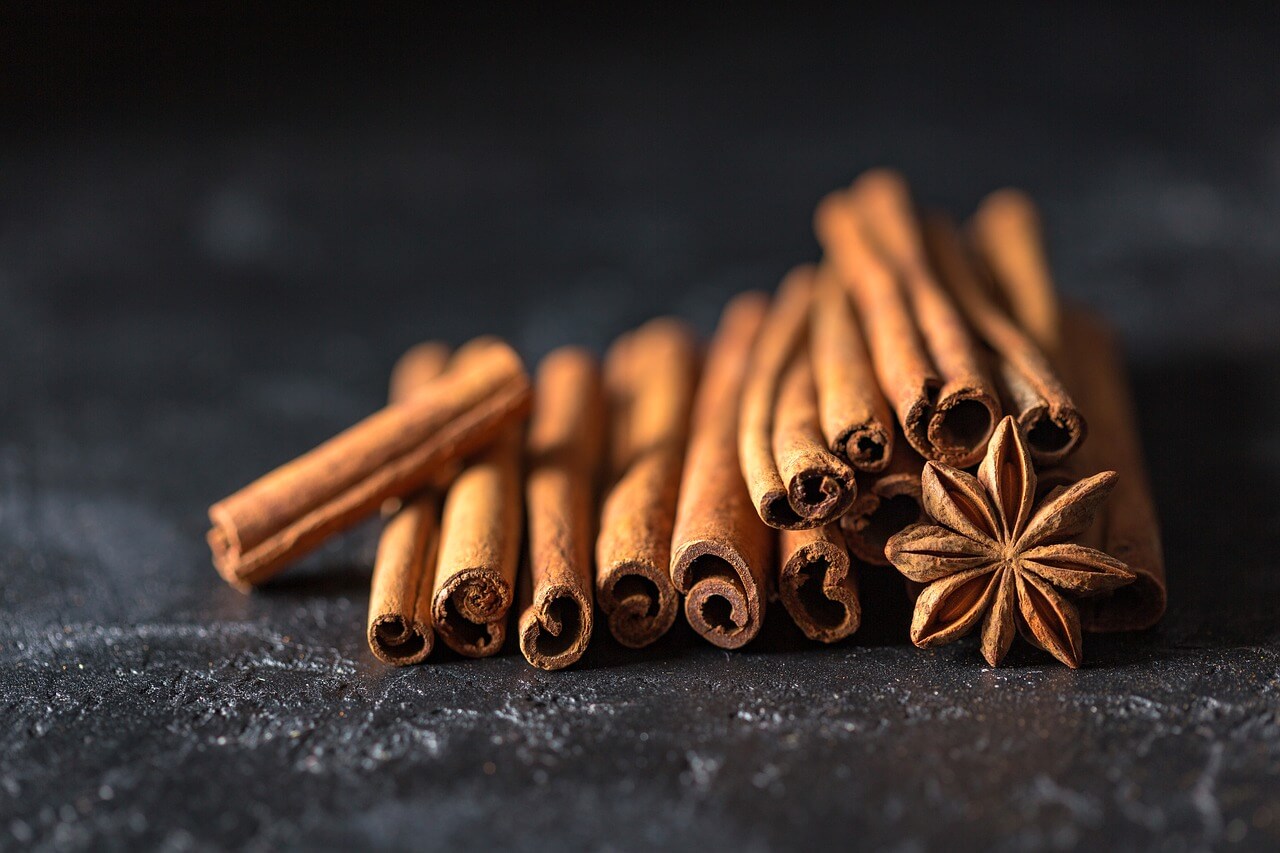
Any food or spice high in antioxidants has the potential to protect against cancer. This is because damage from free radicals and oxidative stress has a big impact on your risk of getting cancer.
Cinnamon is no exception and has shown an anticancer effect in numerous lab studies.
Once again, cinnamaldehyde has come to the forefront, this time as an anticancer agent. It has shown potential for inhibiting tumor growth, protecting DNA from damage, and killing cancer cells.
The antioxidant power of cinnamon has demonstrated an especially strong effect against colon cancer. In one study, cinnamon extract showed a protective response in colon cells that may reduce cancer risk. In another study, it was able to activate enzymes in the colon that protected against cancer growth.
Keep in mind that most research so far has been conducted in a lab. Whether cinnamon has the same effect in the human body as it does in these studies hasn’t been confirmed yet.
Still, one of the best ways to protect your body and reduce your risk of cancer is to continually fill up on antioxidant-rich foods- like cinnamon.
Different Types of Cinnamon
Now that you know more about the major health benefits of cinnamon, you may be surprised to learn that there are different types. There are around 250 different species of Cinnamomum trees grown, but only a few are harvested and sold commercially.
- Ceylon cinnamon (Cinnamomum zeylanicum)- Also called true cinnamon, this type comes from Sri Lanka and has a lighter color and taste than the others.
- Cassia cinnamon (C. aromaticum)- Cassia hails from China and has a darker color, more spiciness, and a stronger flavor than Ceylon.
- Indonesian cinnamon (C. burmanni)
- Vietnamese cinnamon (C. loureiroi)
Ceylon cinnamon and cassia cinnamon are the two kinds most frequently used and sold.
If you were to pick up a box of cinnamon sticks or powder, you’d most likely be buying the cassia type. It’s cheaper to grow and harvest than Ceylon and has the stronger, spicier flavor we associate with cinnamon.
Both Ceylon and cassia contain the powerful cinnamaldehyde, but Ceylon contains only trace amounts of potentially harmful compounds called coumarins. Cassia has a higher amount, but you would have to eat very excessive amounts for this to be a concern.
Are There Any Precautions for Cinnamon?

Most people can take therapeutic amounts of cinnamon without any side effects.
As the previous section mentioned, if you want to take large amounts of cinnamon for an extended period of time, choose Ceylon over cassia cinnamon. Cassia has relatively high amounts of a compound called coumarin that may harm your liver over time.
Because cinnamon can lower blood sugar levels, care should be taken if you’re already using medication for blood sugar. It’s also not a substitute for any current medication you may be taking.
Large amounts of cinnamon can be an irritant for your mouth or lungs, so be careful how much you take at a time.
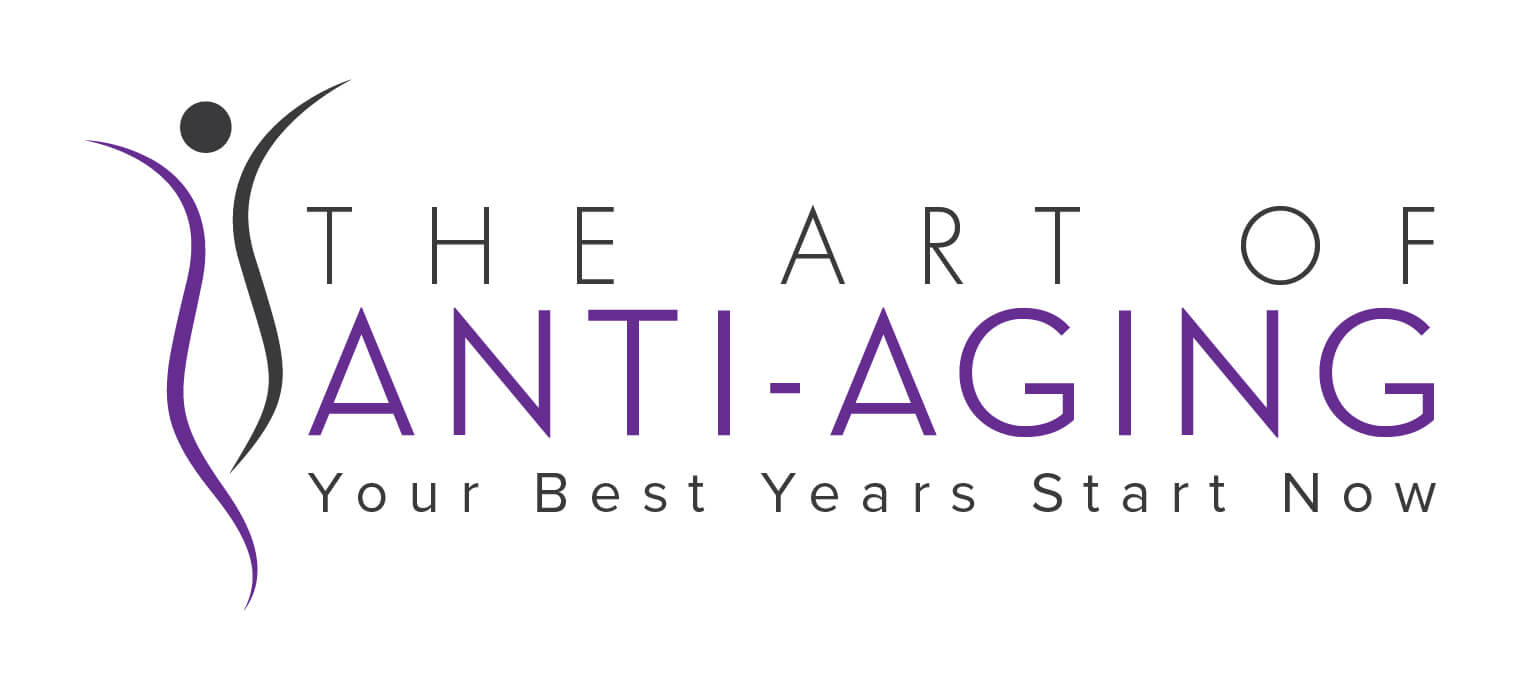
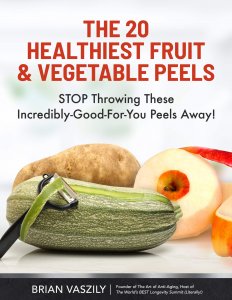
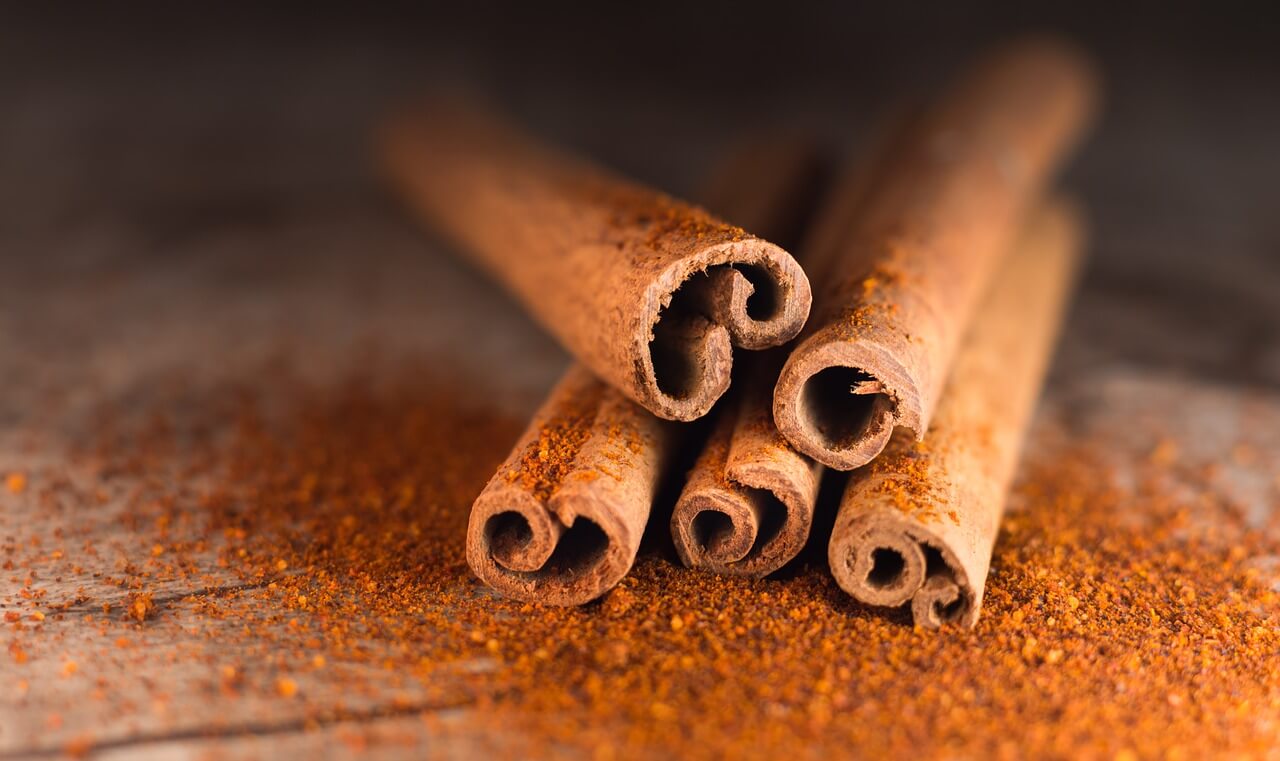
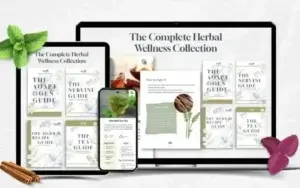
THE INFORMATION YOU ARE GIVING US THE PUBLIC, IS ABSOLUTELY EXTRAORDINARY. VERY POWERFUL TO KNOW THAT A SINPLE SPICE HAS SO MUCH BENEFITS TO OUR HEALTH.
THANK YOU SO VERY MUCH FOR SPENDING THE TIME TO INFORM US OF A SUCH GREAT BENEFIT OF CINNAMON.
THANKS A MILLION. “GOD BLESS YOU ABUNDANTLY”. “HAPPY NEW YEAR”
Well said!
Great information that I can pass on to my loved ones. They think I’m a nutcase because I use lots of herbs and spices for health. I mix equal parts of Ceylon cinnamon, cayenne pepper, ginger, and turmeric with a bit of black pepper with honey and consume it daily. Mix it in smoothies for a great easy way to eat it.
So do I and I no longer have a dry cough
Thanks so much for all the info on cinnamon. I have always enjoyed it on my toast.
Thank you so much for this vast and detailed information. It’s so nice to have a thorough explanation of these benefits and precautions in one place. I’ll put this information to good use. Thanks!
Thanks for an excellent review. Joe Neidhardt MD
Thank you for this article on the benefits of cinnamon. This has more information than anything I have read before. There is one thing I have read that was not mentioned. Is there some extra added benefit to adding raw honey to cinnamon that increases its antibacterial properties?
In the colder months I simmer cinnamon sticks and ginger for a warming and invigorating drink. It’s absolutely wonderful. Love all your articles. Many thanks. Lesley.
This article was fascinating, it introduced even more health benefits to cinnamon than I previously knew. Thank you, it was a brilliant article, Dianne
Thanks Dr. Brian .
This is an eye opening article about Cinnamon.
Will try it out today.
Is there another why to get the ebook? I do not have Facebook.
Hi Amy, yes, right here: https://theartofantiaging.com/ylih-report-colors/
Now I feel like a Doctor of Cinnamon.
Thank you,
Ron
Hi
I love cinnamon. Thankyou for the great information regarding cinnamon. Knowing how powerful the herb us I’m going to use it everyday for my heart health and so much more. Thankyou for sharing.
Firhana Valli
SA.
Very beneficial information, thank you for sharing with us.
YES ! been buying cinnamon fromCeylon for years. Because I think it tastes better and smells better as well. Still trying to find it in here ,Since my favorite source closed their doors due to COVID
Thank you for this information packed and enlightening article!
Great Article …. Thankyou !
Could the oil work on toe nail fungus I wonder?
Im using oregano oil for toe nail fungus but cinnamon might work too.
Tea Tree oil for toenail fungus
That´s the best toenail fungus treatment my dear…
I loved your article & found it to be very informative. Without knowing all the benefits, I became addicted to drinking green tea with cinnamon powder & a cinnamon stick to stir it
many many years ago. I am 75 & people are always commenting how young my skin looks; I now know it must be from daily consumption of cinnamon.
I would love to be able to receive a copy of your booklet “EAT THE TREES”, however, I only have a landline & do not use Facebook. Is it possible for me to download it on my computer?
Thank you.
Joyce
Hi Joyce, thanks for the kind words!
Here is the other way to get the Eat the Trees report free: theartofantiaging.com/ylih-report-eat-trees/
My daily breakfast: MUESLI – called Bircher Muesli in Switzerland – one of the reasons why the Swiss are # 2 in life expectancy! But – don’t BUY it – too much sugar – MAKE it!
I make my own granola (with cinnamon) and dehydrate it!
Thank you for more benefits of cinnamon. I’m a huge fan of Ceylon cinnamon and buy organic in bulk. I’ll have to try it with my organic tooth powder.
I LOVE CINNAMON 😍😋
I USE IT IN MY OATS, MY COFFEE, YOGHURT, FRUITS, MATCH TEA!!!
Great article, Brian, many thanks!
I use cinnamon quite regularly, but always wondered whether cooking or baking with it removes any of the benefits?
What is the best way to consume it? Would love to hear your views on that.
My husband was diagnosed of Parkinsons disease 2 years ago, when he was 49. He had a stooped posture, tremors, right arm does not move and also a pulsating feeling in his body. He was placed on Senemet for 8 months and then Siferol was introduced and replaced the Senemet, during this time span he was also diagnosed with dementia. He started having hallucinations, lost touch with reality. Suspecting it was the medication I took him off the Siferol (with the doctor’s knowledge) and started him on PD natural herbal formula we ordered from AKANNI HERBAL CENTRE, his symptoms totally declined over a 3 weeks use of the AKANNI HERBAL Parkinsons disease natural herbal formula. He is now almost 51 and doing very well, the disease is totally reversed! (Visit w w w.aknniherbscentre .com)
Wow! So happy for you and hubby. I work in Neurology and this is amazing information. Thank you for sharing your experience.
I so wish I had the knowledge of an herbal formula for Parkinson’s many years ago. My Dad passed away from Parkinson’s. A horrible, horrible disease. He was a retired farmer. My mom was his caretaker at the time (retired nurse) and it was very, very hard on her as well as my dad. This was in the early 80’s.
Didn’t know about all the benefits cinnamon has to offer. Thank you
Is there a substitute for sodium intake ie natural plant-based? I am not a fan of salt or power drinks for athletes. I am hyponatremia, I work out twice a week and love to work in the yard. I have been searching online for natural remedies besides the intake of power drinks.
I love cinnamon and it is good f you. It’s a win-win!
Thank you for sharing this valuable information about this ancient spice 🌶 and its benefits.
First I come across this in a restaurant where the owner used to stick a bunch of cinnamon with ginger in his usual tea as well as sometimes with portion of fresh mint leafs to make an South Asian ‘special’ tea. Also noticed in my current area the Jewish community make a nice tasting Kosher cakes using cinnamon as one of its ingredients. So, there we are… we all can learn so much from each other.🤸♂️
I HAVE BEEN USING CINNAMON FOR A LONG TIME, BUT OFF AND ON.
I NOW USE CINNAMON REGULARLY.
SO, WHY DON’T YOU OR THE PEOPLE GIVE UP BURGERS AND F.FRIES
AND EAT CINNAMON AS FOOD OR A SNACK, ETC.
CINNAMON IS A HECK OF A LOT HEALTHYER THAN TODAYS JUNKY BURGERS
AND F.F. BY FAR. A CEYLON CINNAMON STICKS AND A POWER DRINK, SURE
BEATS THE TARR OUT OF A JUNKY BURGER AND F.F. IT IS HEALTHYER BY FAR
AND CHEAPER TOO. PROBABLY..
NOW,.. IF I BUY A BURGER I THROW AWAY THE BUN ALSO THE LETTICE, SCRAPE OFF THE MAYO. EAT BURGER TOMATO ONIONS CAT SUP AND MUSTARD.. EAT WHITE BREAD AND DIE YOUNG… NO BREAD FOR ME. LOAD UP ON THE BLACK PEPER, NO SALT.AND YES, YOU CAN EVEN ADD CINNAMON IF YOU WANT TO.
TOP OF THE DAY TO YOU & A HEALTHY TOMORROW
Thanks for a great informative article.
I buy Ceylon cinnamon is bulk from Frontier Co-op.
I love cinnamon. It is great with my gluten free oatmeal.
The health benefits are amazing.
thank you for your informative, outstanding article.
kathy
I, too, use cinnamon, in my oatmeal along with honey, walnuts and Nut-Pod creamer (almond & coconut creamer). Very tasty and healthy too!
Cinnamonum verum is the real cinnamon. It is also called Sri Lankan or Ceylon cinnamon.
Both Ceylon and cassia are healthy and delicious. However, if you intend to consume large amounts of this spice or take a supplement, cassia can be harmful because of its coumarin content. Ceylon cinnamon is better quality and much safer.
Inspiring and hopeful read
I prefer the Vietnamese cinnamon but it’s really not discussed much here. Is it just as good as Ceylon? I’ve always found it to be more fragrant and flavorful.
That seems like very comprehensive information, thank you. Great that my favourite spice is so beneficial 🙂
However as far as I understand from previous research, Cassia cinnamon can actually be quite harmful to the liver in high quantities or when ingested on a regular basis, and should really not be consumed very often. You do talk about this…but given that folk often read part way through an article, get the gist (cinnamon is fab) and don’t get to the end, maybe it would be better to put that warning right up front rather than leave it till towards the end. Just a suggestion…
Thanks do much for a really great informative article on cinnamon.
i never used cinnamon for years as it gave me bad heartburn. after losing 40 pounds by eating properly, i am just getting to like cinnamon, as my heartburn is now in the past. i cannot find ceylon where i live, so have to use what i can get. what an eye opener this lesson turned out to be. i learned a lot.
Thank you for your very informative information on cinnamon.
i appreciate this article, and will continue to use cinnamon with even greater gratitude!
Jollean
Thank you so much for informing us of magical properties of herbs specially cinnamon for feeling health and well. I knew a little about its properties but yours are more complete.
Good info. Very informative. Thanks for sharing.
I have heard of some of these benefits but not all of them. Thank you for sharing this topic with us.
So the health benefits of cinnamon are outstanding. Yeah, okay, I get it. I’ve known that for a long time. But now answer me this question: Which brand offers the least amount of heavy metals? Answer me that simple question, and I can get straight to bulking up on a yearly supply.
We but cinnamon in with the coffee grounds when making coffee each day, which must be good for us, right? But how much cinnamon does one need to consume for some sort of health benefit.
My preferred way to take cinnamon is to peel the flaky layers off of the sticks. It is a fine virtually zero calorie snack (hard to eat a lot of it!). I buy it fresh in bulk so I can pick good quality rolls.
If it isn’t thin and flaky then it isn’t cinnamon but the cheap substitute cassia which is mostly what you’ll get ground up – unless it explicitly says “Ceylon”. There are no studies showing benefit to cassia. In sufficient doses it is toxic.
Love getting these articles. Learn so much every time.
Thanks for caring about our longevity and health!
MANY YEARS AGO
I WENT FOOD SHOPPING, BUT ON THIS PARTICULAR DAY❣️ I WAS OVER LOOKING THE SPICES FOR CINNAMON FOR MY FARINA HOT CEREAL 🥣 AND AS IM LOOKING 👁👁
I COME ACROSS A LARGER THAN THE REST, JAR OF CINNAMON❣️ LABELED
‼️SAIGON CINNAMON‼️ THOUGH I LOVE AND APPRECIATE OTHER CINNAMONS I HAVE TRIED❣️ THIS
‼️SAIGON CINNAMON‼️ IS BY FAR THE B E S T🤗💞OXOXOXOX
Now I know why my late sister who was always caring for my health, sent me so much Cinnamon, and I know what to do with it. I am sorry, I can’t tell her anymore.
Thank you so much for the informative article! Recently I have been hearing cinnamon has high levels of lead and Mercury. Which cinnamon do you recommend and what is your thoughts on high levels of toxins in the cinnamon? Thank you so much.
I am reading all this wisdom for the first time:) I feel as though I have discovered a magic secret. Thank you so much for this information. I feel truly blessed !
I knew a few benefits of cinnamon and use organic ceylon cinnamon. This is the first time for me to hear effective dosages. thanks. enjoy your articles
Excellent information, thank you. Cinnamon (Ceylon) has been in my diet for over a decade. It’s good to know all the benefits 😇
Thank you for sharing this information about Cinnamon. It was very interesing! I make sure that when I buy cinnamon, I buy Ceylon Cinnamon.
Thank you so much for this information I have cinnamon and honey everyday but now I’m going g to be sure I’m doing the right cinnamon. I love this the same with peppermint.
very interesting article hadn’t heard of a couple benefits before..and caution with use that could harm lungs and liver really good to know
Such interesting info. I take a teaspoon of cinnamon powder every morning. Didn’t know it was doing so much good. Will consume it now with grateful thanks for it’s healing benefits.
Thank you for confirming my thoughts on the health benefits of cinnamon. Your research was thoroughly informative. I can now feel more confident about my daily intake of cinnamon.
Thank you
Thank you Kim — and everyone — for such kind words about the article. Cinnamon is one of nature’s true miracles and deserves the attention! 🙂
Thank you for sharing vital information without the egotistical, tedious, click bait videos that others subject us to. So generous and gracious of you to deliver what you promise with a text version that is well written, easy to scroll through, etc. May you be blessed with success, health and wealth! You are a blessing to us!
Thank you, Brian, for this valuable information. I have been a great admirer of you for many years and appreciate the wisdom you share with us. I have been using Ceyon cinnamon for 20 years (1/2) teaspoon in my coffee. Recently, I have been unable to find a Ceyon cinnamon that measures LOW on heavy-metal toxicity, so I reluctantly switched to Cassia cinnamon (found a brand that is relatively low on heavy-metal toxicity.
Is there any brand of Ceyon cinnamon that you could recommend that is low in heavy metals and safe to take?
~~ Mary Huber
Hi Mary, thank you for your kind words — now and throughout the years! I have heard that “Druera” brand Ceylon may fit the bill.
Thank you for this excellent update on Cinnamon. I love it.
I have been taking about quarter of a teaspoon for a couple of months, for bladder control. It has not helped bladder control but was really surprised that my A1C , three months average sugar level dropped to 5.8 from 6.5 the for previous three months. Did not know if cinnamin help reduce blood sugar until I read this article. Thanks.
Very impressed and thankful for this extensive presentation on cinnamon. I have often read about it and use the Ceylon one daily(once aware of the difference) but you have provided additional info wasn’t aware of – the more in-depth info.